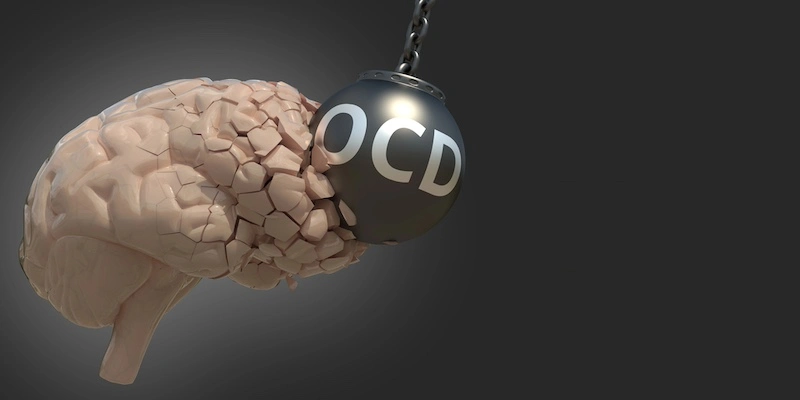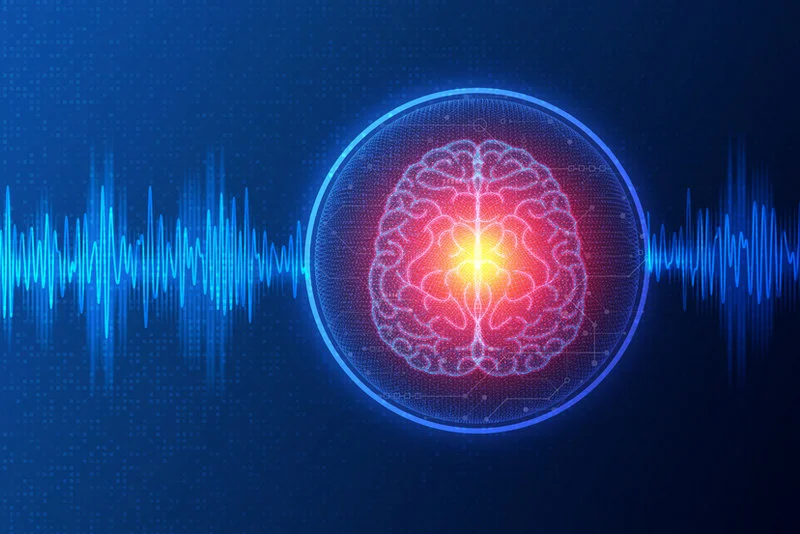Understanding OCD and Its Influence
Obsessive-Compulsive Disorder (OCD) is a chronic mental health condition characterized by uncontrollable, recurring thoughts (obsessions) and behaviors (compulsions) that the sufferer feels the urge to repeat over and over. These obsessions and compulsions can significantly interfere with daily activities and personal interactions. Common obsessions include fears of germs or contamination, unwanted forbidden or taboo thoughts involving sex, religion, or harm, and having things symmetrical or in a perfect order. Compulsions might manifest as excessive cleaning, ordering, checking, or counting.
The influence of OCD on daily life extends beyond mere inconvenience; it can result in severe distress and consume hours of a person’s day, impairing their ability to work, maintain relationships, and engage in leisure activities. The chronic nature of OCD means that without treatment, these symptoms can persist for years, leading to a diminished quality of life and potential secondary issues such as anxiety and depression. Understanding these impacts is crucial for recognizing the need for effective treatment strategies and support systems.


Importance of OCD Treatment
Addressing OCD is vital not only for alleviating the immediate symptoms but also for restoring functionality and quality of life. Without proper treatment, OCD can escalate, leading to more severe psychological and social problems. Effective treatment modalities can significantly reduce the intensity of OCD symptoms, helping individuals regain control over their obsessions and compulsions, thus improving their overall mental health.
Treatment is often multifaceted, involving both psychological and pharmacological interventions. Engaging in therapy, such as Cognitive Behavioral Therapy (CBT), specifically Exposure and Response Prevention (ERP), is considered the gold standard in OCD treatment. These therapies are designed to expose patients to their fears and teach them healthy ways to cope with anxiety without resorting to compulsive behaviors. For many, treatment provides the tools needed to manage the disorder, leading to a more fulfilling and less restricted life.
Options for OCD Treatment in Brooklyn
Brooklyn residents looking for OCD treatment have several options available to them. While traditional approaches like psychotherapy and medications are commonly prescribed and can be highly effective, innovative treatments like Transcranial Magnetic Stimulation (TMS) are gaining prominence. TMS is a non-invasive procedure that uses magnetic fields to stimulate nerve cells in the brain to improve symptoms of OCD. The treatment is particularly appealing for those who have not found relief from traditional methods.
The availability of such diverse treatment options means that individuals can find a method that suits their specific needs. It’s important for patients and healthcare providers to work closely together to tailor a treatment plan that offers the best chance of reducing symptoms and improving life quality.

Our Core Treatments
Depression & Anxiety
Our new dTMS device will go deeper and cover more area than traditional TMS, providing better results.
TMS for OCD
We now have the only device approved by the FDA and covered by insurance for OCD.
TMS for Addictions
Smoking cessation has recently been approved by the FDA for our Brainsway device. Talk to us about your addictions.
Benefits of TMS for OCD Treatment in Brooklyn
Transcranial Magnetic Stimulation (TMS) offers a compelling alternative for individuals battling OCD in Brooklyn. This innovative treatment boasts several benefits, including its non-invasive nature and the absence of systemic side effects commonly associated with medications. TMS treatments are quick and do not require anesthesia or sedation, allowing patients to return to their daily activities immediately after each session.
TMS works by targeting specific areas of the brain involved in OCD, helping to reduce symptoms in a significant portion of patients. Many who undergo TMS experience a substantial reduction in the frequency and severity of obsessions and compulsions, leading to an improved overall quality of life.
If you are considering new, effective approaches to manage your OCD, LifeQuality TMS in Brooklyn offers state-of-the-art TMS therapy in a supportive and caring environment. Reach out to us today to explore how TMS can make a difference in your life, helping you to overcome the challenges of OCD.
Get In Touch With Us
info@lifequalitytms.com
(718) 400-0867
(718) 4000-TMS
26 Court St., Ste 808
Brooklyn, NY 11201